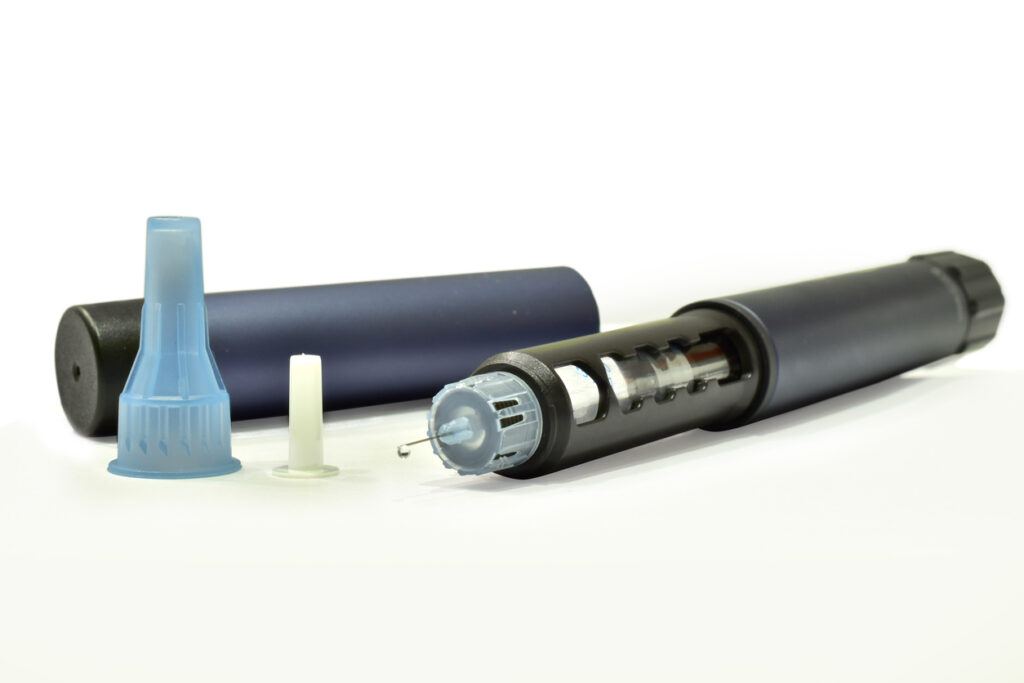The U.S. Food and Drug Administration (FDA) has approved Selarsdi (ustekinumab-aekn) injection for subcutaneous use as a biosimilar to Stelara for the treatment of moderate to severe plaque psoriasis and for active psoriatic arthritis in adults and pediatric patients 6 years and older.
Under the strategic partnership between Teva and Alvotech, Teva is responsible for the exclusive commercialization of Selarsdi in the United States. Selarsdi is the second biosimilar approved under the strategic partnership: in February 2024, the FDA approved Simlandi, the first high-concentration, citrate-free biosimilar to Humira that has been granted an interchangeability status by the FDA.
The FDA has previously approved Amgen’s Wezlana (ustekinumab-auub) as Stelara biosimilar.
“The approval of Selarsdi – which is our second biosimilar approval this year – underscores Teva’s commitment to expanding the availability, access and uptake of this important treatment option to patients in the U.S.,” says Thomas Rainey, Senior Vice President, U.S. Market Access at Teva, in a news release.
Robert Wessman, Chairman and CEO of Alvotech, adds, “. Bringing Selarsdi to market in the U.S. early next year presents a significant opportunity to improve patient access to a vital biologic in inflammatory disease and contribute to the reduction of inflationary pressure in healthcare costs.”
Ustekinumab is a human monoclonal antibody (mAb) that selectively targets the p40 protein, a component common to both interleukin (IL)-12 and IL-23 cytokines, which play crucial roles in treating immune-mediated diseases like psoriasis and psoriatic arthritis. Alvotech developed and produces Selarsdi using Sp2/0 cells and a continuous perfusion process, which are the same type of host cell line and process used in the production of Stelara.
The FDA approval of Selarsdi, referred to as AVT04 during development, was based on a totality of evidence, including analytical and clinical data. The clinical development program included data from: 1) Study AVT04-GL-301, a randomized, double blind, multicenter, 52-week study to demonstrate equivalent efficacy and to compare safety and immunogenicity between Selarsdi and the reference product Stelara in patients with moderate to severe chronic plaque-type psoriasis. The study was conducted in four countries in Europe and enrolled 581 patients. The primary efficacy endpoint was Psoriasis Area and Severity Index (PASI) percent improvement from Baseline to Week 12; 2) Study AVT04-GL-101, a Phase I, randomized, double-blind, single-dose, parallel-group, 3-arm study to compare the pharmacokinetic, safety, tolerability, and immunogenicity profiles of Selarsdi, administered as a single 45mg/0.5mL subcutaneous injection with that of the US-licensed Stelara as well as EU-approved Stelara. The study was conducted in Australia and New Zealand and enrolled 294 healthy adult volunteers.


